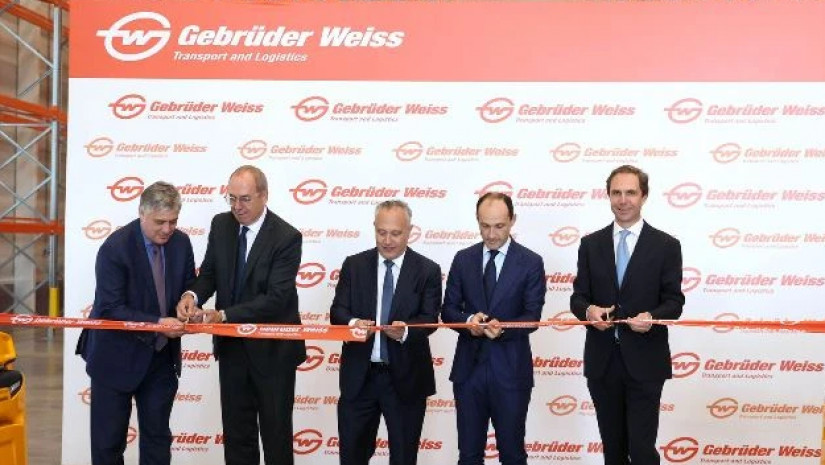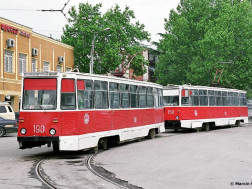International transport and logistics company Gebrüder Weiss has expanded its logistics center in Tbilisi by an additional 13,000 square meters. This marks the third expansion in the past decade, responding to the growing trade volumes between Europe and Central Asia.
Wolfram Senger-Weiss, CEO of Gebrüder Weiss, explained, "The expansion meets the increasing demand for transport and logistics services, driven by rising trade between the European Union, Georgia, and its neighboring countries, Armenia and Azerbaijan."
Since establishing its presence in Georgia 12 years ago, Gebrüder Weiss has continually grown its logistics hub. The terminal first expanded in 2019 and was connected to the railway network in 2020. With the latest expansion, the total area now covers 142,000 square meters, including warehousing, loading, unloading, rail facilities, parking, and open spaces. More than 177 employees provide a full range of logistics services to clients in the region.
"The expansion allows us to further increase our service capacity in the Caucasus and strengthen ties with Central Asian countries like Kazakhstan and Uzbekistan," said Alexander Kharlamov, General Director of Gebrüder Weiss Georgia. The investment for this latest expansion amounts to 11.5 million euros, bringing the total investment in the Tbilisi terminal to over 25 million euros.
Gebrüder Weiss first saw the economic potential and geostrategic importance of Georgia and Central Asia when it established its office in 2012. Today, the Tbilisi terminal is a key hub for cargo flow between Europe and Central Asia.
Georgia’s free trade agreements with the European Union and the Eurasian Economic Union have further boosted its importance as a transit country. Gebrüder Weiss serves industries such as textiles, household goods, high-tech, and automotive, offering services that include land, rail, air, and sea transport, as well as customs and warehouse logistics. In the past five years, Gebrüder Weiss Georgia has handled 130,000 shipments weighing approximately 470,000 tons.












